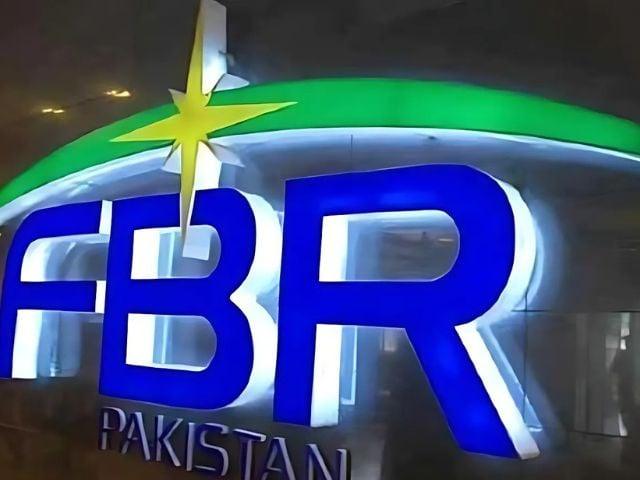The Federal Board of Revenue (FBR) has decided to purchase over 1,000 new vehicles worth approximately Rs 6 billion.
According to documents available to Express, the FBR has issued a Letter of Intent to a company for the purchase of 1,010 new vehicles costing more than Rs 6 billion.
In the letter from FBR, it is mentioned that the purchase of the new vehicles will take place in two phases, and the full amount will be paid by FBR. An advance payment of Rs 3 billion will be made for the purchase of 500 vehicles, which will be considered as the full payment for the first batch.
The letter further mentions that after the delivery of the first batch of 500 vehicles, the remaining payment will be made. The delivery of the 1,010 vehicles will take place between January and May 2025.
In the first phase, 75 vehicles will be delivered in January, 200 vehicles in February and 225 vehicles in March.
In the second phase, 250 vehicles will be delivered in April and 260 vehicles in March.
FBR officials have stated that the purchase of these vehicles is part of FBR’s transformation plan. The vehicles are specifically intended to improve the operational efficiency of field officers. These vehicles will be for the use of field officers only.
Earlier, the FBR initiated consultations with key stakeholders to finalize proposals for the federal budget for 2025-26, focusing on phasing out tax exemptions, increasing revenue generation and streamlining tax laws.
In official communications to business associations such as Federation of Pakistan Chambers of Commerce and Industry (FPCCI), American Business Council, Pakistan Business Council and other chambers, FBR has requested proposals for reforms in income tax, sales tax and customs. , Express News reported.
These proposals, which are to be submitted on 31 January 2025, will shape the future Finance Act.
FBR’s priorities include:
- Phasing out of tax exemptions: A gradual removal of tax exemptions in all laws to reduce revenue leakage.
- Expansion of the tax net: Strategies to bring new taxpayers into the system while addressing compliance gaps.
- Support for domestic industry: Proposals to protect local producers through tariff adjustments and duty reductions on raw materials.
- Tax policy equity: Measures to ensure progressive taxation and reduce inequalities in tax treatment across sectors.



